Listen in
Academic disciplines
- Accounting 7
- Art Education 1
- Art History 2
- Biochemistry 1
- Bioethics 1
- Biophysics 1
- Chemistry 1
- Classics 1
- Communications 1
- Criminology 1
- Culture 1
- Dance 1
- Ecology 6
- Economics 4
- Education 3
- Engineering 3
- Environment 2
- Finance 3
- Geography 1
- Graduate Studies 2
- Graphic Texts 2
- Healthcare 2
- Homelessness 2
- Humanities 1
- Law 3
- Literature 3
- Management 2
- Marketing 5
- Neurology 1
- Nursing 1
- Organization Studies 1
- Philosophy 2
- Psychology 4
- Social Work 1
- Sustainability 2
- Trailer 1
- Women's Studies 1
Episode 004: Kevin Milligan
How do public finance and tax policy shape the labour market and the everyday lives of families?
Episode 003: Michelle Larue
How can satellite imagery help us count Antarctic penguins, and what does that data reveal about ecosystems under stress?
Episode 002: Heidi Matthews
How do international criminal trials shape our understanding of justice and human rights?



